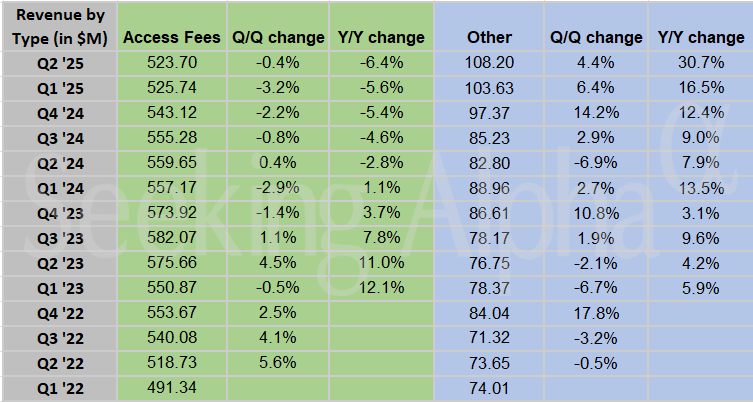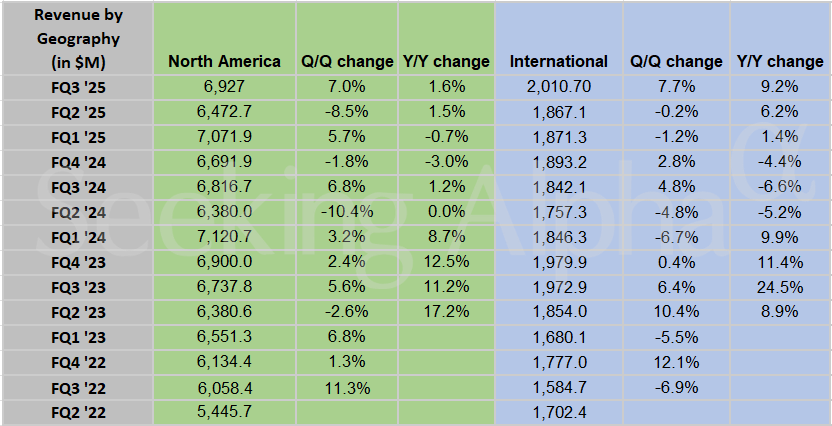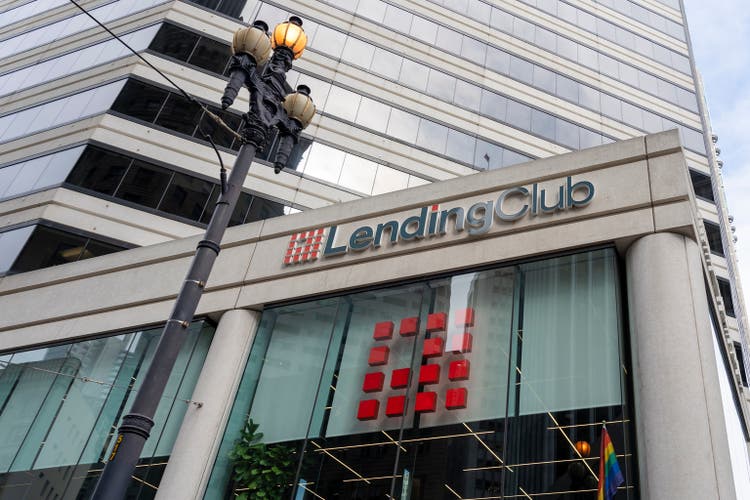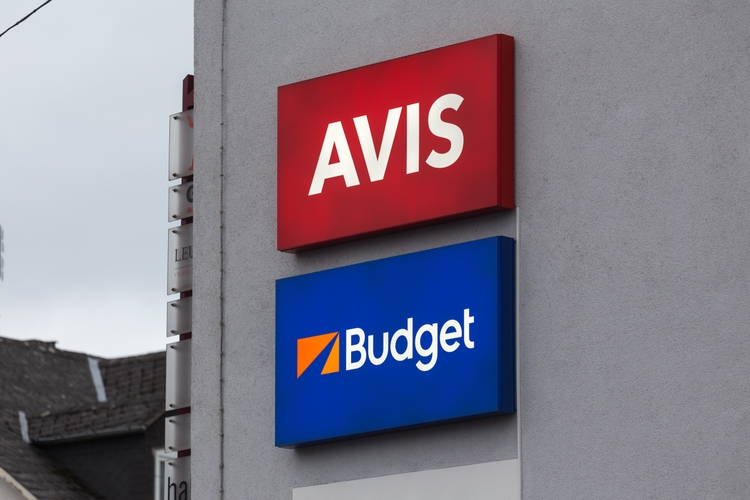Under the new guidelines, RBI has shifted from the earlier ‘Financially Sound and Well Managed’ (FSWM) framework to a more streamlined ‘Eligibility Criteria for Business Authorisation’ (ECBA) system. This marks a decisive shift toward empowering co-operative banks with greater autonomy provided they meet certain financial and governance benchmarks.
Key Highlights of RBI’s New Circular for Co-operative Banks:
No prior approval for ATMs, CDMs, and doorstep banking
Banks that meet the ECBA norms will no longer require RBI’s approval to install ATMs, cash deposit machines (CDMs), or start doorstep banking services. This change is expected to significantly enhance customer convenience, especially in rural and semi-urban areas.
10% branch expansion allowed without approval
Eligible banks can now open up to 10 per cent new branches annually, calculated on their existing branch count, without needing separate clearance from the RBI. However, banks that don’t qualify under ECBA will still need regulatory permission.
Tier 3 and 4 banks allowed to expand statewide
The central bank has permitted Tier 3 and Tier 4 co-operative banks to expand their operations anywhere within their respective states. This move is expected to promote financial inclusion and strengthen rural banking infrastructure.
Transparency measures remain in place
Even as the RBI has relaxed approvals, it has insisted on robust reporting norms to maintain oversight. Banks are now required to:
-
Inform RBI within 7 days of opening, closing, or relocating a branch
-
Submit a NIL report every month, even if there are no changes
These steps aim to ensure transparency and data consistency across the co-operative banking sector.
NOC required for name and logo changes
If a co-operative bank plans to change its name or logo, it must first obtain a No Objection Certificate (NOC) from the RBI. This step ensures that branding changes are not misleading or conflicting with existing financial institutions.
Additionally, the RBI has clarified the procedure to become a Scheduled Bank for the first time — a move that will help banks assess and improve their qualification status more efficiently.
What does this imply
The RBI’s latest circular is being seen as a transformational reform for the co-operative banking space. It strikes a balance between regulatory control and operational freedom, allowing banks to make faster decisions and offer better services, while still maintaining compliance.
These reforms are particularly crucial for improving financial access in underbanked regions, where co-operative banks play a pivotal role.
What this means for customers:
-
More bank branches in semi-urban and rural areas
-
Easier access to ATMs and CDMs
-
Convenient doorstep banking facilities
-
Faster turnaround on local banking needs
With this bold regulatory step, the Reserve Bank of India has taken a customer-first approach while also boosting the capacity of co-operative banks. As more banks become ECBA-compliant, customers across India can expect more modern, accessible, and inclusive banking experiences.

 11 hours ago
1
11 hours ago
1











 English (US) ·
English (US) ·